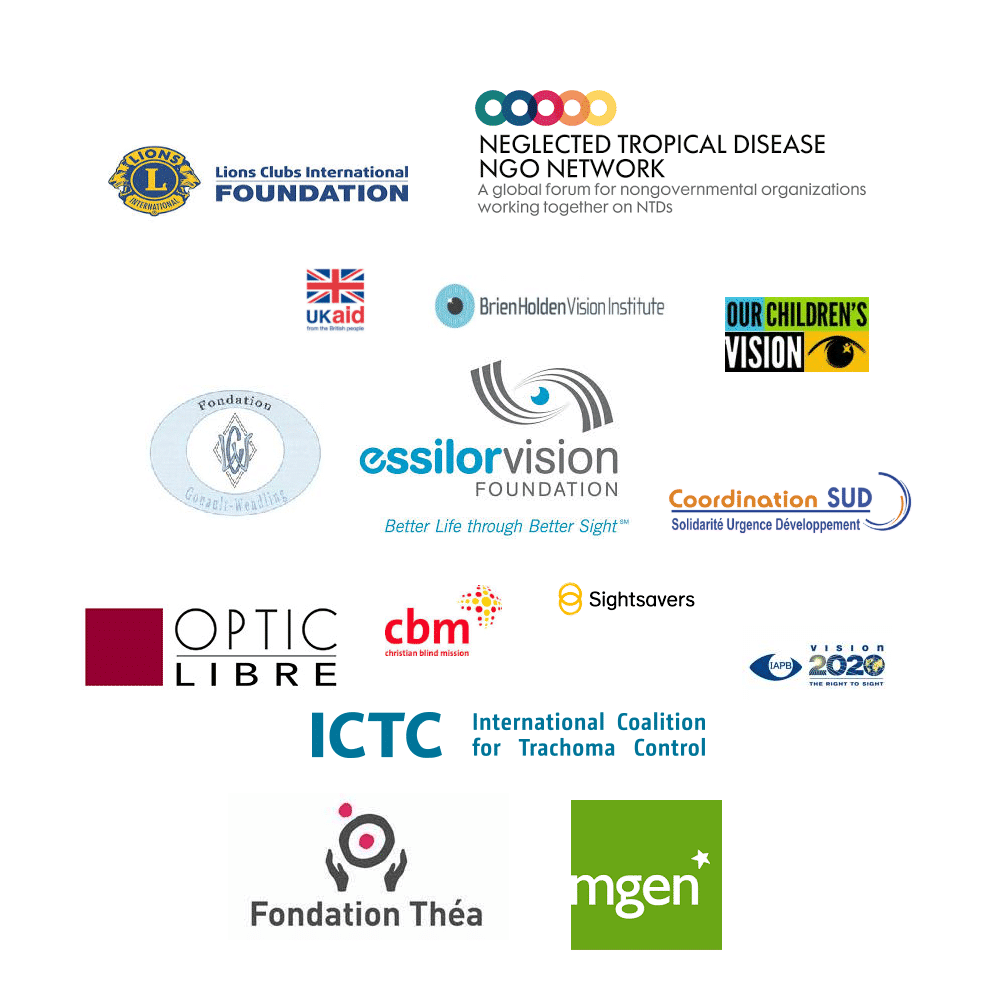This stage, planned by the partners (the Ministries of Health, often the civil society in a given country and OPC), allows to
- Estimate the eye health needs as per services delivered to patients by the available eye health work force
- Identify the health policies needed either to be improved or to be developed
- Estimate the necessary means to reaching set targets in the most efficient, effective way possible.
This step is done through a technical visit of an OPC team member followed by a national workshop supported by OPC. The purpose of this workshop is to come up with a draft program of interventions and determine the priorities of locations and level of intervention.

